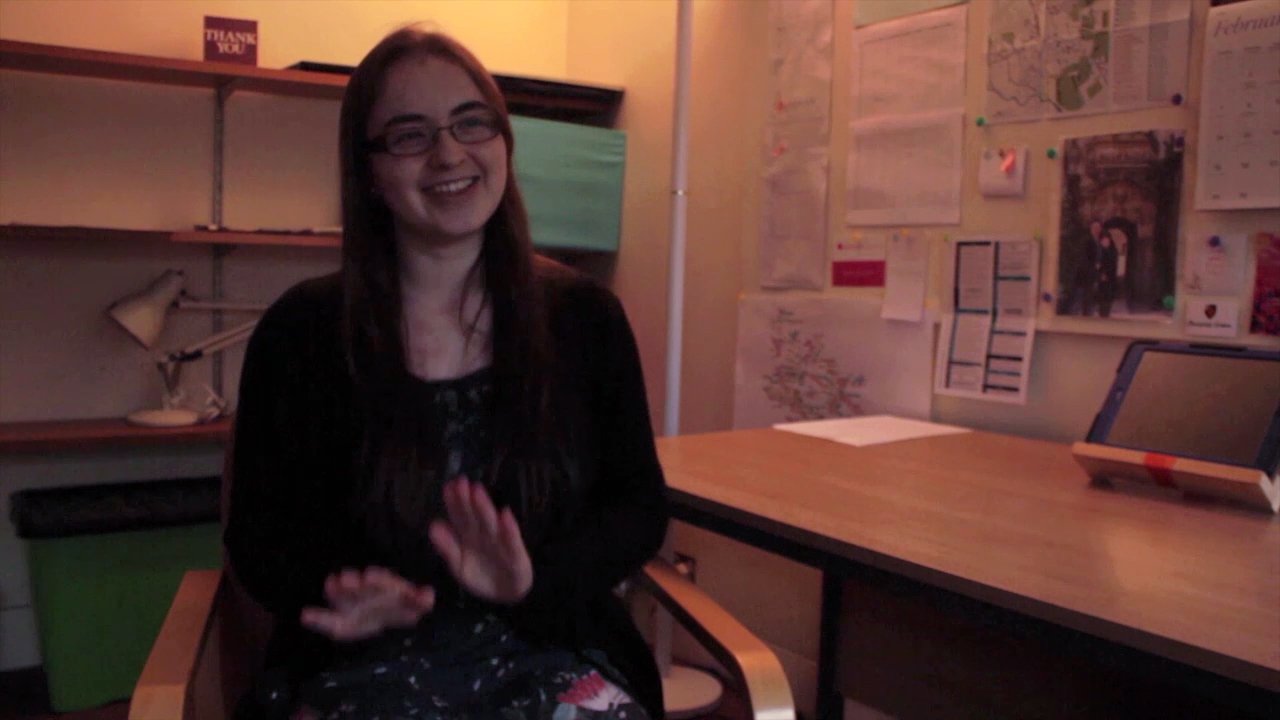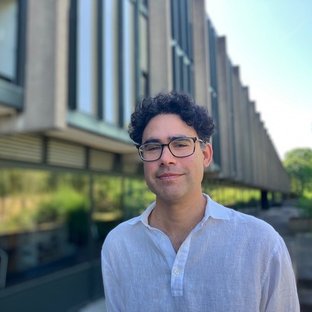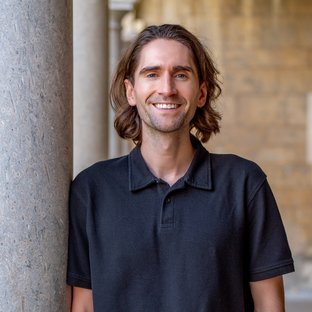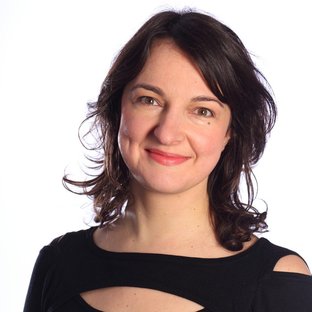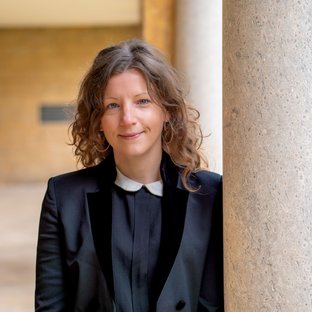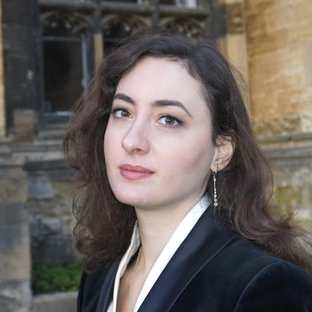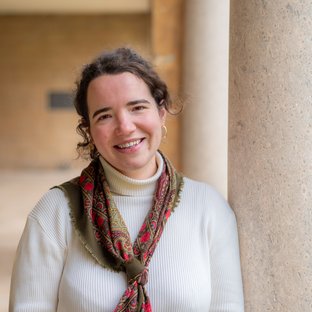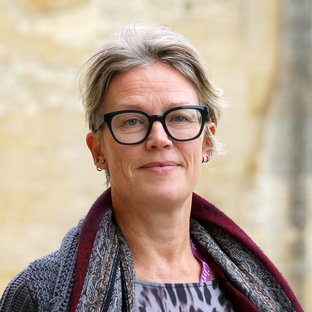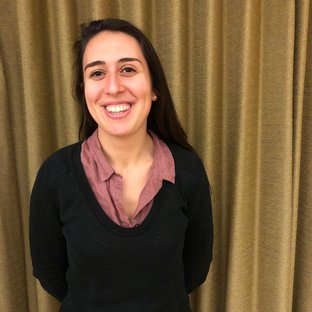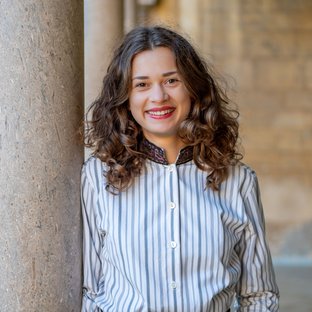Modern Languages & Joint Schools
- On average, St John's accepts 11 Modern Language & Joint Schools students per year.
- St John’s offers a very wide range of modern languages courses (including combinations with Linguistics, Philosophy, History, English, Classics and the Faculty of Asian and Middle Eastern Languages. For the full range of language combinations currently available please check the University Website.
- All courses include a year abroad, usually in the third year. Your tutor will help you arrange your placement, which may be as an exchange student at a foreign university, as a teaching assistant in a school, or a work-experience internship.
- We are looking for students with the below attributes:
Motivation and commitment along with capacity for sustained study of language and literature.
Willingness and ability to express ideas clearly and effectively both in writing and orally; ability to listen and to give considered responses.
Proven competence in the language(s) as established by examination results (achieved or predicted), by the language test and (in some cases) by oral competence at interview. In the case of beginners, clear evidence of aptitude and potential for language study.
While there is no requirement that candidates will have read any literature in the language(s), successful candidates will demonstrate an aptitude and commitment to the study of literature by evidence of their readiness to discuss their reading in English or in the relevant language(s) or by their response to a reading-passage at interview. Assessors will look for evidence of intellectual curiosity and critical engagement.
- The entry requirements for all modern language courses are determined by the University’s Faculty of Medieval and Modern Languages
- More information about applying to study Modern Languages at Oxford can be found on the Institute’s website.
- General advice about applying to St John’s can be found here.
- Modern Languages are taught in St John's through a combination of seminars and tutorials for the courses on literature, film, thought or linguistics, as chosen by students. Our tutors are experts who work with you closely throughout your undergraduate career.
- Our students are also part of top-quality departments, led by scholars of international standing. In recent years, the Oxford Modern Languages Faculty has consistently been in the top 2 of both UK and international university rankings.
- All modern languages students have access to the University's excellently equipped Language Centre.
- All of the Modern Languages courses allow for study of the culture of the nation(s) in which your language is spoken, through options on literature, thought or film. Options in advanced translation or linguistics allow you to devote up to three-quarters of your course to study of the language itself, if you wish.
- Because of the college and tutorial system, a large proportion of your course will be taught through individual or small-group teaching. The tutorial system also offers you huge flexibility to follow your own interests in the subject as your course progresses.
- St John's is the best-situated college in Oxford for Modern Languages students, being just opposite the Modern Languages Library and lecturing facilities (known as the Taylor Institution). We are just a couple of minutes' walk from the Language Centre and from the Schwartzman Centre for the Humanities which will open for the academic year 2024-25 (and which also houses lecture rooms).
- For students of French, the Maison Française, a unique cultural institute offering film-screenings, visiting speakers and other events, is also nearby.
- Our own College Library also offers excellent resources in modern languages.
- Both written and spoken language is taught in small-group classes involving native-speaker instructors.
- We offer book grants to help students with their studies, and award travel grants to enable projects likely to help you with fluency in your chosen language.
- The Moore Society is a thriving student-led Modern Languages society, offering film screenings, social events and an annual dinner.
- Read a profile of a St John's student studying German here.
- Read a profile of a St John's student studying Spanish and Linguistics here.
- Read a profile of a St John's student studying German & Arabic here.
- In recent years, Modern Languages graduates from St John's have gone on to work in translation and interpreting, the media, law, finance, the civil service, education, as well as post-graduate study.
- Students in modern languages acquire oral and written fluency in their language(s) of choice, as well as an in-depth understanding of the cultures they study.
- Through written and oral assignments, in groups and individually, students develop their ability to collaborate and perfect their communication skills – in the English language also.
- Students acquire critical thinking skills, for instance by studying multiple responses to the question ‘What is a human being?’ – drawn from different cultures and historical periods, as well as from our own times of global insecurity, climate crisis, and radical technological innovations.
Watch five St John's students talking about studying French & Philosophy, French & Linguistics, French & History, French, and German:
